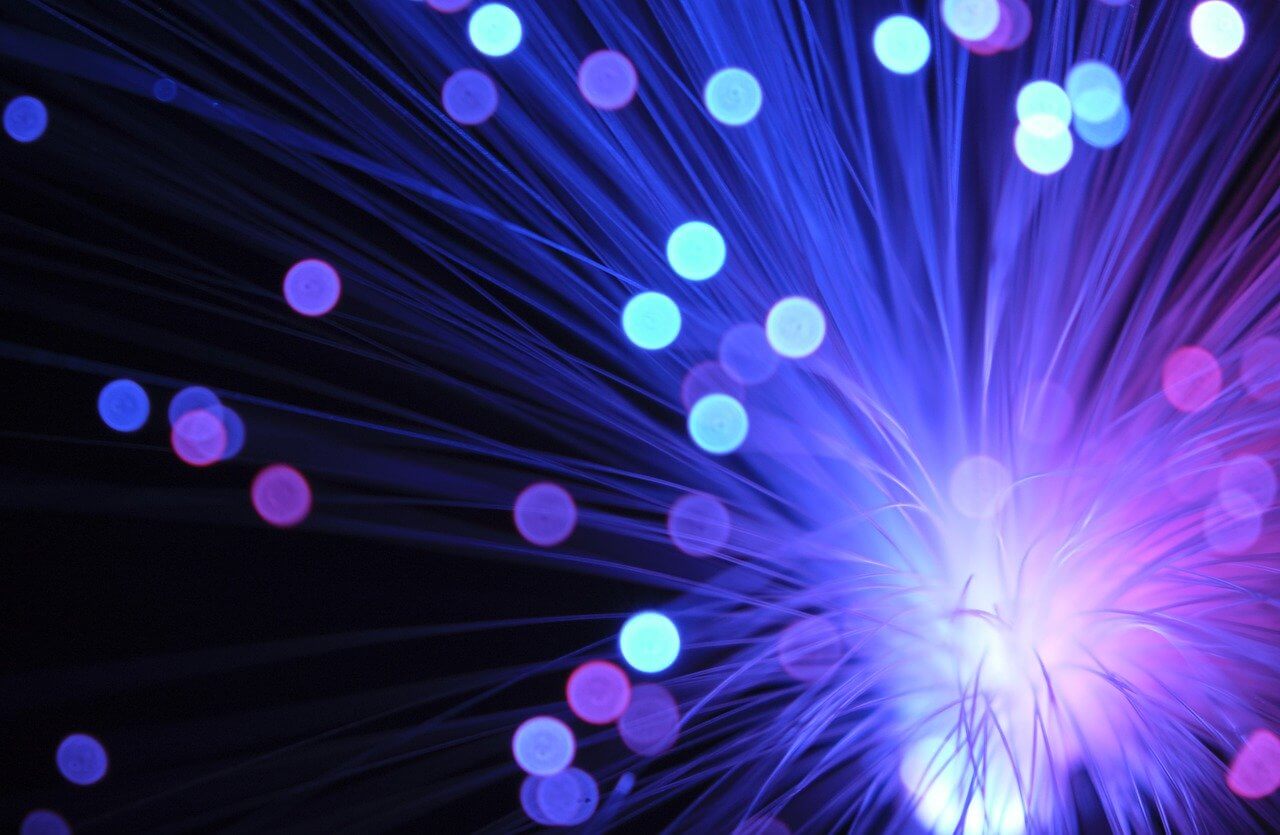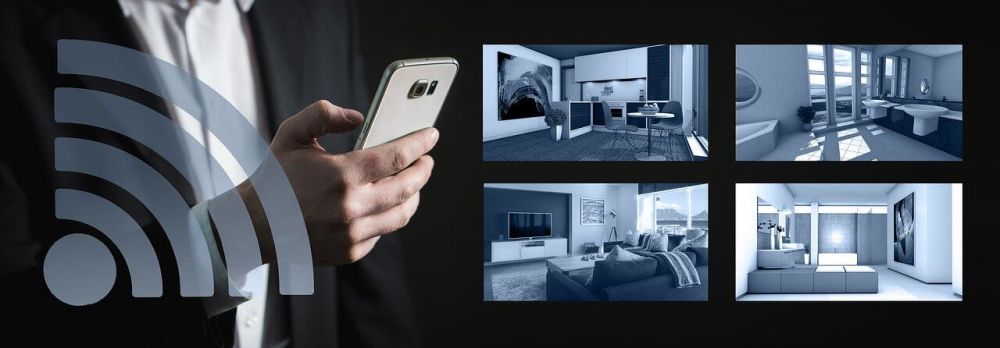
5G is set to usher in the next generation of wireless network platfrom for mobile communication and with it comes multiple benefits and speculations around signal quality and data reliability. According to online sources, 5G promises faster download speed, reduced latency and better connectivity between devices.
Although still in its infancy, 5G technology is gradually gaining firm footing across many regions within the United Kingdom and the rest of the world.
It is expected that wider deployment of 5G will occur in 2020 and beyond, to satify global reach and growing demands for data consumption in an era where technology innovations are ripe and opportunities to explore solution options present themselves abundantly. Some analysts are blunt in their belief that there will be highly aggressive adoption of 5G wireless technology in 2020 alone.
For many technology enthusiasts and communication experts, 5G is seen as the answer to a long awaited communication platform that will facilitate reliable connectivity and higher data throughput.
Unlike some readers, you may already know that the "G" in 3G, 4G and 5G represent the technology generation. Now we are heading towards 5G as the latest standard for global use.
In terms of tech-speak, it is often referred to as "the network of networks" due to its ability to integrate multiple existing and future standards with the resilience to deliver defined data throughput. This is also true when considering advanced LTE (4G) networks.
Many mobile phone network operators have started rolling out 5G as part of their ongoing wireless strategy and key players in the UK for 5G implementation roadmap include O2, EE, BT, Vodafone, and Three network. With that said, it won't be long before other competitors start engaging the market for a slice of the pie.
How Fast Is 5G?
Given the nature of 5G technology, geographical terrain and hardware implementation criteria, it should become obvious that data transfer rates will vary between locations, countries, signal carriers and device types. Although not officially confimed, some experts believe the average internet speed for some connected 5G devices will see network speed of atleast 20 times faster than what is currently delivered by 4G networks.
There are speculations that 5G wireless data transmission rate can be anything from 100Mbps to 1GBps and for most people, that is positive progression worthy of praise. It's also frequently debated that many home networks in the UK don't get data throughput rates anywhere near 40Mpbs from their internet service provider, so having higher speed from 5G would be like "the best thing since slice bread". If these speed predictions are accurate, then it is possible that users could get around 50 times faster data rate than most existing household broadband packages.
How Will 5G Make Our Lives Better?

- The roll out of 5G will enable autonomous cars to move from the conceptual design to production quality products, with promises of a safer and more reliable transportation network. Confidence in 5G's reliability is primarily hinged on its low latency capabilities. This mean there will be shorter time difference between data being transferred and received, resulting in improved communication accuracy.
When considered from another angle, this could be perceived as near real time data communication, since the signal send/received timestamps are almost the same. Having a reliable 5G infrastructure could open up opportunities for autonomous cars deployment which are able to travel in close proximity to each other with more streamlined vehicular traffic, control systems and predictable destination arrival times.
- Another perceived benefit of 5G technology has to do with contemporary wireless network concepts. This is the case for smart city infrastructure, live streaming, and online entertainment. With these new-age technologies gaining widespread adoption into everyday life, services and resources could be available almost instantanously at our finger tips, whenever we like.
5G Will Help IOT Infrastructure Become Faster
IoT solutions should also see rapid boost in development and implementation efficiencies, with benefits realisation driven by larger data volume and faster transfer speed to a vast number of connected devices. This is good news for those users who normally experience slow performance when using their Windows Computers, Apple Macs or tablets - to a lesser degree, their mobile phones.
It is understood that existing IoT implementations experience unavoidable data throughput challenges, due to 4G limitations and infrastructure inefficiencies. It is often argued amongst experts that the biggest issues facing IoT capabilities to date are high througput latency and bottleneck deficiencies.
With 5G wireless network infrastructure, it is expected that although the aforementioned factors will not be completely eliminated, it does contribute to more desireable benefits, improved communication efficiencies and better performance that can usher in a new benchmark for network reliability.
To those actively engaged in 5G research and improvement, the derived benefits are second to none, since this is the first of its kind to hit higher data rate thresholds.
So What's The Conclusion?
The introduction of 5G wireless technology will help to improve data trasfer rate and in most cases increase productivity. Provided appropriate network infrastructures are in place, this can be beneficial for business and residential wireless users. On the otherhand, having a robust 5G wireless strategy does not necessarily mean a quick roll out process as it will take time for implemention and tests to flesh out functional defects and financial gains.
This assumption is also supported by the fact that fibre broadband has been officially available to consumers for years, yet there are numerous struggles throughout Central London and other areas of the UK to start utilising the technology due to lack of committment and service delivery agreement by key stakeholders.
Although 5G will be predominantly wireless, there still is still the need for physical infrastructure to be put in place for signal distribution to defined locations and resources. As is the case with fibre broadband, 5G wireless will not happen overnight until existing hurdles, compliance backstop and authorisation agreements are fleshed out properly.
About Our Wireless Network Solutions for Homes and Businesses
Solid Rock IT UK offers wireless network installation and IT support for a range of home and business client requirements. We have the expertise and experiences to help you define, scope, implement and maintain a robust wireless network solution that cater for increased device connectivity, data throughput and availability.
If WIFI is crucial for your network strategy, then it's time to call upon our expertise for advice or installation of secure wireless solution that make technology work for you.
To get started, simply call us now on 07951 878703 or click on the link below and send us your requirements via our contact form.
How do you think 5G wireless could shape the way you run your business or make us of technology for leisure, home use or other innovative applications? Click on the relevant social share button below to express your opinion.
